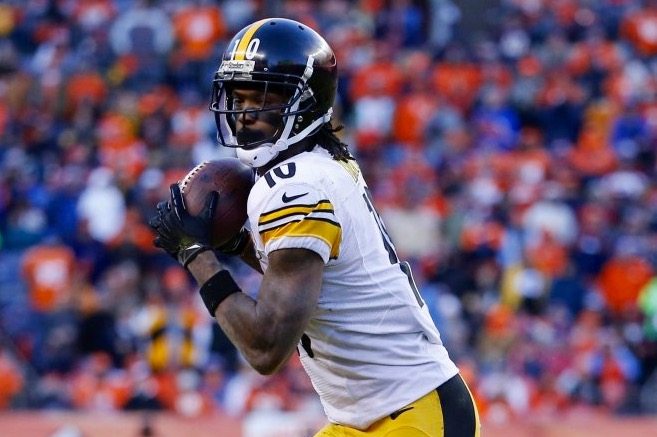Why Can’t Martavis Bryant Smoke Pot?
NFL’S DRUG POLICY NEEDS FIXING … We were scanning the list of Clemson University footbalYou must Subscribe or log in to read the rest of this content.
NFL’S DRUG POLICY NEEDS FIXING …
We were scanning the list of Clemson University footbal
